Clinical Supervision
Schedule a Counseling Appointment Now
Create a Solution for Yourself Today.
Clinical Supervision
Licensed Associate Therapists receive clinical supervision from a board certified MFT who provides a supportive learning environment. This includes regularly scheduled individual/group supervision hours to staff, provide support and feedback, and to develop clinical skills.

What to expect?
Finding your unique therapeutic style and feeling confident and comfortable with it, is key to one of the most important components to being a therapist, which is the therapeutic relationship. If you are not confident in who you are and your therapeutic skills, your lack of confidence might show up in the sessions you facilitate. This time period under supervision is more than obtaining client hours to become fully licensed, it sets the stage for how you conduct your practice and how clients respond to you and the therapeutic treatment you offer in the future. There is a finesse and balance to the therapeutic process that every therapist must find, which is just as important as the therapist finding “their groove, their style, their therapeutic swag .” The way they structure their session while guiding the client along. This is all a part of and grown through the clinical supervision experience.
Partnership With The Fresh Start Women's Foundation
Our partnership with The Fresh Start Women’s Foundation will provide:
Free Clinical supervision, Free CEUs and test preparation to 5-6 BIPOC associate licensed clinicians! Contact support@favorgraceunderfire for more information.
Furthermore, A Culturally Competent Consulting group for BIPOC Clinicians in-person or virtual every first Friday of the month from 12-2pm in-person or virtual.
Sign up here: https://www.eventbrite.com/e/peer-consulting-networking-group-for-mental-health-providers-of-color-tickets-868615210477
Featured Therapy Modalities

Post Induction Therapy (PIT)
PIT is an evidence-based treatment model designed to help individuals heal from childhood relational trauma, also known as developmental or attachment trauma.
PIT focuses on uncovering and addressing deeply rooted wounds caused by dysfunctional family dynamics, neglect, abuse, or enmeshment.
Through a structured therapeutic process, PIT helps individuals:
Identify and process unresolved childhood pain.
Recognize patterns of codependency, low self-worth, and relationship struggles.
Heal emotional wounds that contribute to present-day struggles, including addiction, anxiety, depression, and unhealthy relational patterns.
Develop healthy boundaries, self-esteem, and emotional regulation skills.
PIT integrates inner-child work, cognitive restructuring, and experiential techniques to facilitate deep emotional healing and long-term change. It is commonly used in intensive therapy settings, including individual counseling, workshops, and trauma recovery programs.
By addressing the root causes of emotional pain, Post Induction Therapy empowers individuals to break free from destructive cycles, regain personal autonomy, and cultivate fulfilling, authentic relationships.

Eye Movement Desensitization & Reprocessing (EMDR)
EMDR is an evidence-based, psychotherapy that works to process traumatic events, adverse experiences and resolve the emotional distress from those events and experiences.
Sessions consist of exploring past events in order to target the root cause of current symptoms of Post Traumatic Stress Disorder, anxiety, and depression and other mental health issues.
This approach provides effective relief within a shorter amount of time with less emotional disturbance compared to traditional trauma modalities. For a more comprehensive understanding read this article.

Cognitive Behavioral Therapy (CBT)
CBT works to recognize and change the often distorted, automatic thought process that is affecting emotional and behavioral functioning.
This is done through exploring how one’s beliefs about the world, and personal experiences, contribute to distorted thoughts, and works to develop the ability to replace the automatic thought with a more realistic perceptive, minimizing the individual’s distress.

Marriage & Family Therapy Modality (MFT)
Marriage and Family Therapy uniquely takes into consideration the family and environmental system as a whole, meaning the therapist explores how environmental factors, such as interactions and relationships, contribute to current functioning and then applies assessed information when treating individuals, couples, and families.
Marriage and Family Therapy theory techniques strategically find the dysfunctional generational patterns in individuals, families and couples in order to create an opportunity for sustained change instead of short-term emotional relief.
Marriage and Family Therapists have specialized education and training in working with couples and families that other behavioral health professionals are not required to have, such as a minimum of 1,500 supervised hours of working with couples or families.

Faith and Spirituality Integration
The integration of faith and spirituality into the work of mental and emotional health. This could include praying, mention or discussion of spiritual or religious writings, traditions, songs, videos or stories based on the therapist’s and client’s level of comfort.
Spiritual or religious integration is used to aid in healing and the achievement of emotional regulation, therapeutic processing, increased emotional IQ, understanding promise, purpose and provision, understanding suffering, setting priorities and making decisions that lead to meaning in one’s life.